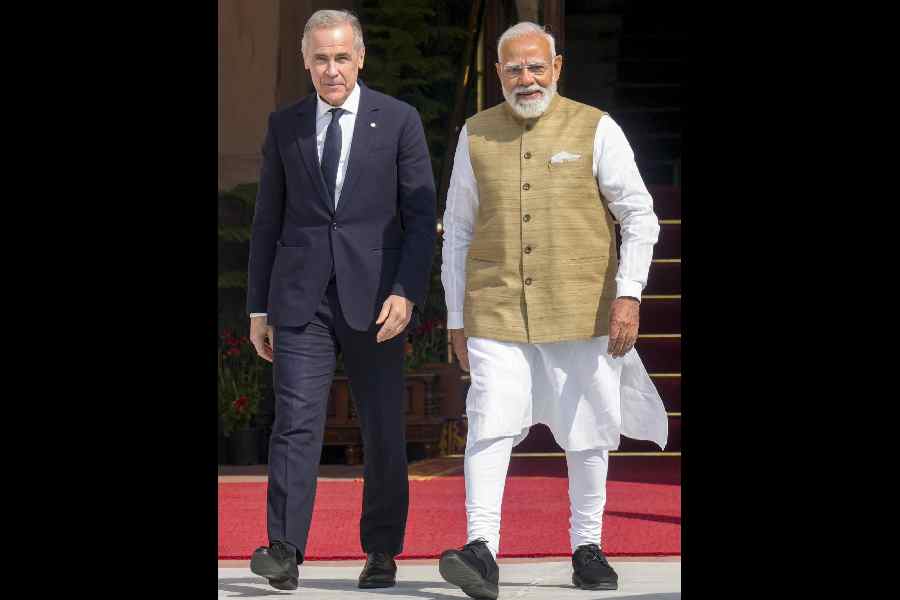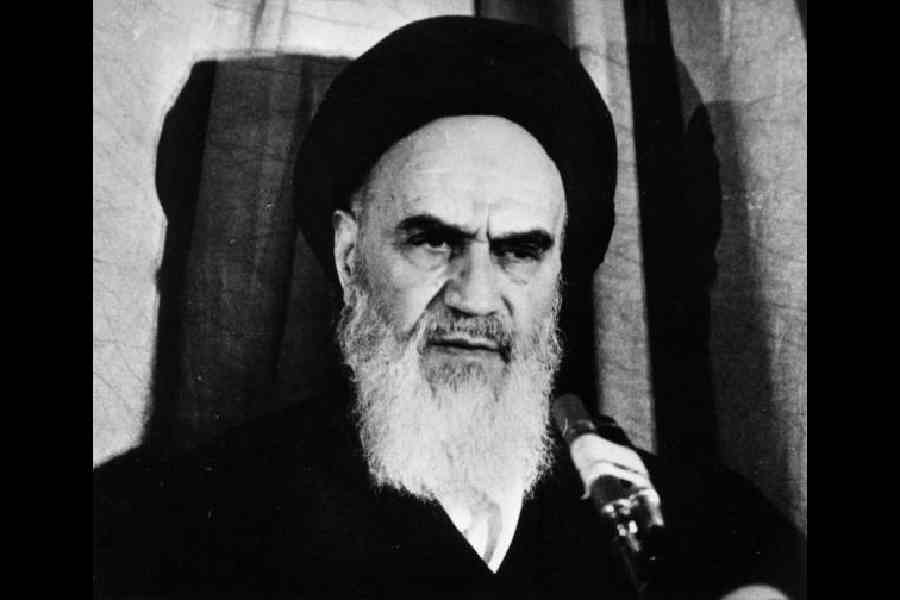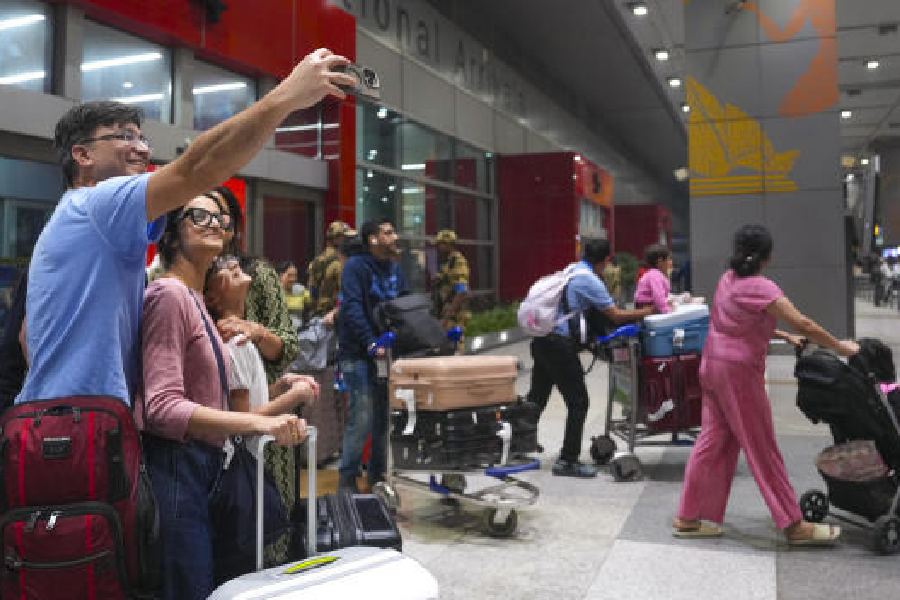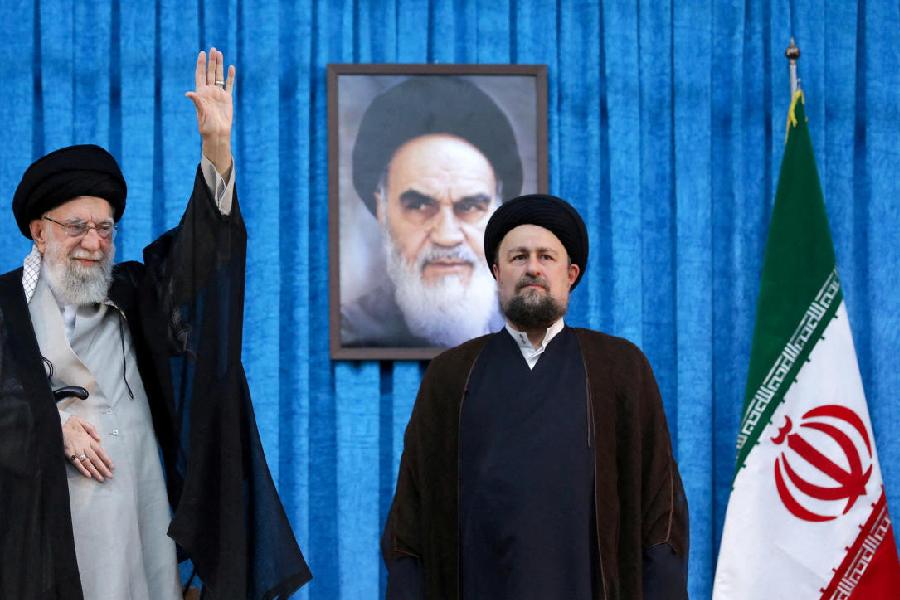 |
| Chingkheinganbi speaks at the book release |
Imphal, Jan. 2: When Elizabeth Lungnila — daughter of Manipur power minister Fancis Ngajokpa — was kidnapped and killed in November 2003, Chingkheinganbi Mayengbam was six years old.
She cried for days, refused food and forgot to play.
After a while, tears stopped and pain began to flow in words. Chingkheinganbi wrote her first poem, Ita Lungnila (My friend Lungnila) — a bleeding account of a child’s ache.
Now nine, Chingkheinganbi, the youngest Manipuri poet, released her first book of poems at a function last week.
The book titled Toklo Lal (End the War) — has 33 poems — all expressing the unbearable anguish of a child living in a conflict zone.
She calls perpetrators of crimes “baddies” and asks why such things happen.
Some of the poems also express the child’s love of Manipur, nature and her parents.
One, Kakthoklabani mahakki punshi (A life sacrificed), hails the courage of Irom Sharmila, human rights crusader, who has been on fast for the past six years to protest against the Armed Forces (Special Powers) Act.
The third child of Dilip Mayengbam, a programme executive with the All India Radio, Imphal station, and Uma Mayengbam, senior zoology lecturer at Imphal’s D.M. College of Science, Chingkheinganbi, began “writing” poems even before she could form her alphabets.
“At that time she was only in kindergarten and hence she could not write. So the first poem Ita Lungnila was written by her eldest sister Taibangnganbi after she dictated it to her,” Dilip said.
“Chingkheinganbi still cries when she hears about incidents of violence and she expresses her sorrow through the poems,” her mother said.
Initially, she pestered her elder sister and brother Malemnganba to pen down her poems.
But from Class I onwards, she began writing on her own.
She mostly scribbles in pencil on bits of paper, which her mother collects and then records in a notebook.
“She would not allow us to make any changes when we told her that some of the words were not okay. Even the foreword in her book was written by her,” said Uma.
Her parents’ decision to publish the book has already been rewarded. Her father, who is also a poet, basks in her reflected glory.
Sahitya Akademi-winning writer Yumlembam Ibomcha even called her a “budding poet”.
No father could have been more proud.










